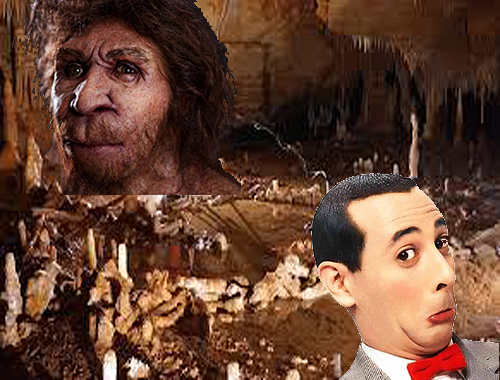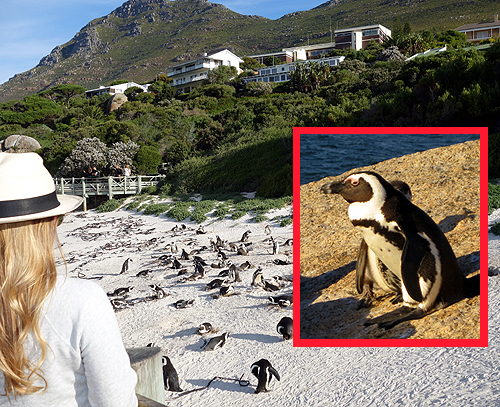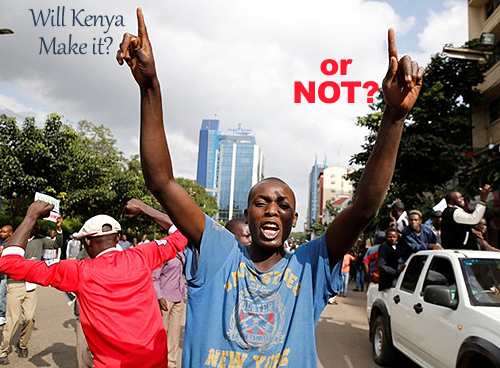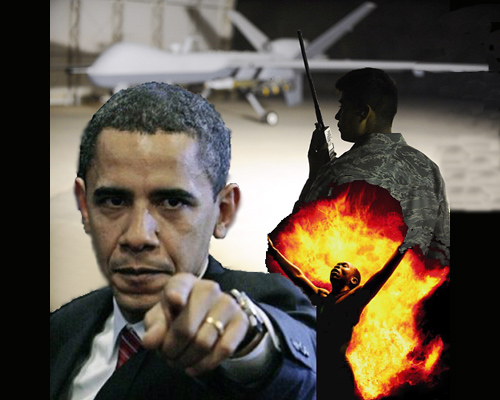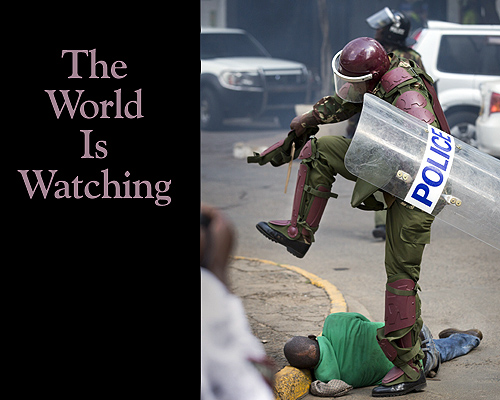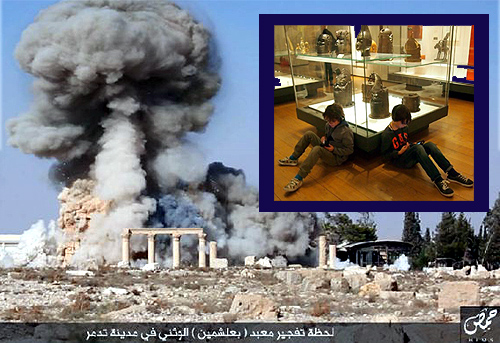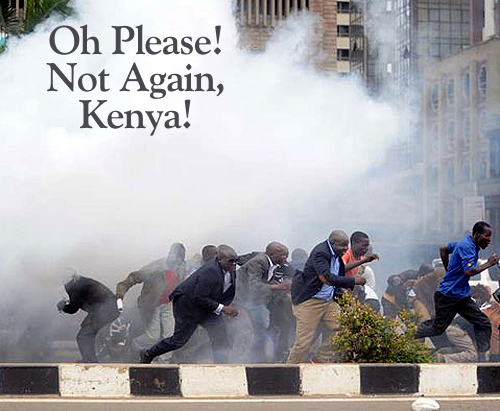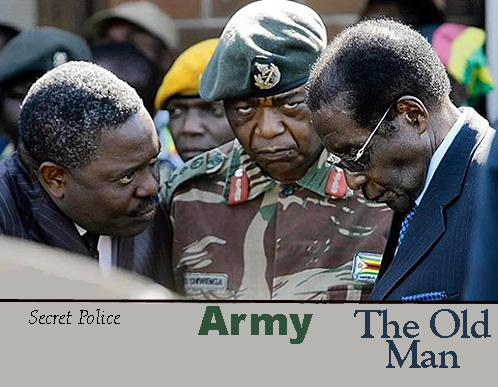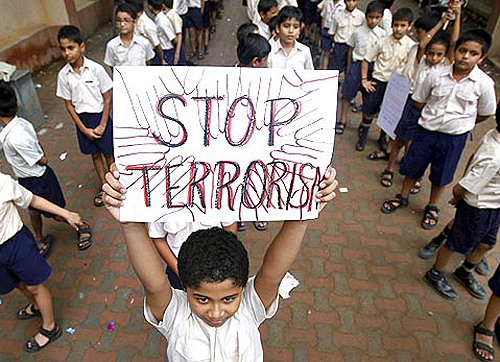 Political extremism cannot be taught against.
Political extremism cannot be taught against.
There is a huge movement right now, from Kenya to St. Paul, to teach “anti-extremism” in schools.
Last week a number of media outlets featured a finalist for this year’s Global Teacher Prize, a man in Nairobi who promotes school programs designed to convince teenagers to stay clear of terrorist organizations.
Ayub Mohamud’s programs begin with pretty standard stuff, the challenge to students to withstand “brainwashing.”
It’s not long after that, though, that he gets kids to promise to finger possible radicals to the police, or if they can’t do that, at least to confide in him or other trusted adults.
Tempered with a good measure of evidential platitudes on the ability to change society for the better through non-violent, law-abiding means, Mohamud and scores of others around the world are pushing an equally doctrinal lifestyle that for all practical purposes strikes me as simply a new religion: anti-extremism.
I’m not sure there’s anything intrinsically wrong with this, any more than teaching Catholicism or Judaism or love-of-country, all of which expressly disavow violence as a means to their ends.
What’s wrong is to think it works. The greatest flaw in doctrinal religions is that they believe in their infallibility. If nothing’s wrong, it will never be fixed.
Belief that the best way to inhibit extremism is to teach against it destructively blindsides advocates to the root causes of terrorism: poverty and despair.
The photograph in the New Yorker of Mohamud in his Nairobi Eastleigh school suggests he’s preaching to the choir. Eastleigh is not one of Nairobi’s legendary slums from which most terrorist recruits come.
It’s certainly “working class” as the New Yorker points out, but it’s a long way from the day-to-day survivors of the Kibera slum, for example, where the vast majority of al-Shabaab recruits come from.
Of course we’ll learn of this middle-class girl or that boy from an upstanding working class family who join ISIS because because they’ve been mesmerized by some hand-thumping mullah. How many enter Liberty University each year?
Programs like Mohamud’s may indeed discourage these youngsters. But these teens hardly represent the mainstream of young terrorists. In fact, they’re a very small minority. The vast number of recruits would never find themselves in the pleasant looking schoolroom in which Mohamud teaches.
But Mohamud and others like him would never dare teach their program in the Kibera slum. It would take hardly a nano-second before some still clear-headed kid with a distended belly challenged him with the bare facts of life. Everything in poverty is survival. Nothing is done, or believed or otherwise accepted without an equal or greater quid pro quo.
“What will I get?” I can imagine a teenager in the slum asking, “for turning in Odhiambo?”
There’s nothing inherently good about non-violence if there’s no alternative: It’s the reason we accept revolutions and wars, the death penalty and all sorts of other less extreme but violent acts. It would be another thing if Mohamud were teaching pacifism, but he isn’t.
The New Yorker captured the following exchange from Mohamud’s class:
Mohamud: “What does Islam say about killing?”
Student: “It’s only for God.”
‘Brainwashing’ or the determination of what constitutes ‘an act by God’ are deeply subjective. What Mohamud and others are trying to teach is that their way is the right way.
Absent of any inherent truth such teachings become terribly oppressive.
Last year Britain mandated that secondary school instruction include programs that promote anti-terrorism. The Counter-Terrorism and Security Act places a legal duty on schools to “prevent people from being drawn into terrorism.”
A rash of suggested programs and techniques from Britain’s Department of Education which followed the Act has many British teachers up in arms.
The National Union of Teachers demanded the government withdraw the Act, claiming it “created suspicion and confusion rather than safety in schools.”
Getting it much more correctly, St. Paul educators are using federal funds to “cultivate and fund youth programs, job training, and expand after-school programs intended to facilitate mentorship.”
There are components in the St. Paul programs that also teach against extremism, but personally I think that was slipped in as a compromise to get the ideologues on board. Everyone in St. Paul knows that the real problem is that there are too few jobs for the large number of Somali immigrants.
Anti-extremism can be taught and has even been legislated as in Britain, and it may indeed discourage a few well-off kids from joining ISIS, but it will do nothing to stop the flow of the poor and despairing to the battalions of extremists.
And in its worst and more mature form, it will do exactly what the terrorists want it to do: foment dissent.
Mowing down the weeds does not get rid of them. You’ve got to get to the roots.

